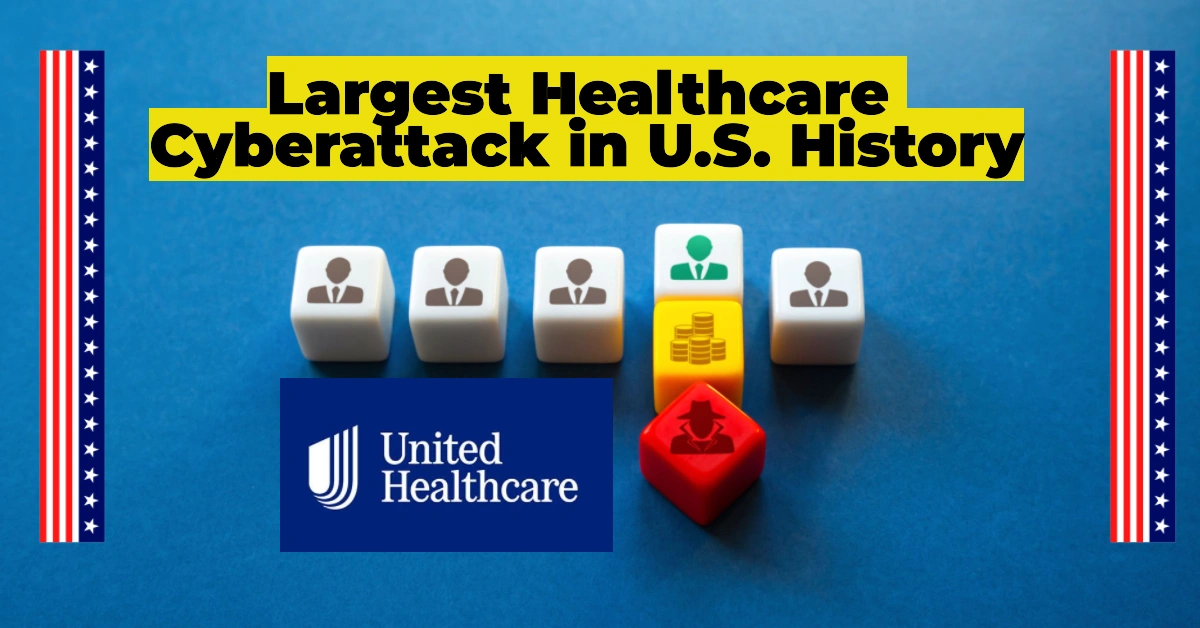
As Congress deliberates on ways to curb federal spending to offset the extension of expiring tax cuts, one significant proposal under consideration is the elimination of the 90% federal match rate for Medicaid expansion under the Affordable Care Act (ACA). If enacted, this measure could have devastating consequences for millions of low-income Americans who rely on Medicaid for essential healthcare services.
Table of Contents
How Medicaid Expansion Has Transformed Healthcare Access
Medicaid plays a crucial role in the U.S. healthcare system, covering one in five Americans and accounting for nearly 20% of national healthcare expenditures. The ACA expanded Medicaid eligibility to nearly all adults earning up to 138% of the Federal Poverty Level (FPL), which is projected to be around $21,597 for an individual in 2025. However, this expansion remains optional for states due to a Supreme Court ruling.
Currently, 41 states, including Washington, D.C., have adopted Medicaid expansion, benefiting more than 20 million people. The federal government presently covers 90% of the costs for this expanded coverage, significantly easing the financial burden on states.
Blue Cross Blue Shield Settlement 2025: What It Means for You & Your Healthcare
UnitedHealthcare to Pay Millions in Robocall Settlement – Are You Eligible?
Trump’s Sweeping Healthcare Overhaul: How 24 Million Americans Will Be Impacted
Elon Musk’s DOGE Task Force Gains Access to Medicare & Medicaid: Unprecedented Move Raises Questions
The Consequences of Eliminating the 90% Federal Match Rate
If the federal match rate for Medicaid expansion is removed, states would be forced to make difficult budgetary decisions. The Congressional Budget Office (CBO) has outlined two possible scenarios that could unfold:
Scenario 1: States Sustain Medicaid Expansion on Their Own
- States choose to maintain expansion by covering the lost federal funds through state budgets.
- Federal Medicaid spending would decrease by 10%, translating to a reduction of approximately $626 billion over 10 years.
- State spending on Medicaid would rise by 17% ($626 billion) over the same period.
- While this scenario ensures continuity of coverage, it may require states to either increase taxes or cut spending in other critical areas, such as education and infrastructure.
Scenario 2: States Discontinue Medicaid Expansion
- Many states may opt to eliminate expansion due to the overwhelming financial burden.
- Total Medicaid spending would shrink by approximately $1.9 trillion over a decade.
- Federal Medicaid spending would drop by $1.7 trillion, and state spending would decrease by $186 billion.
- An estimated 20 million people would lose their Medicaid coverage, potentially leaving them without access to essential medical services.
Broader Implications for Healthcare Access
Under the traditional Federal Medicaid Assistance Percentage (FMAP), which funds Medicaid for non-expansion enrollees at rates between 50% and 77% depending on a state’s per capita income, states would be responsible for covering a significantly larger share of expansion costs. This shift could lead to:
- Tax Increases: Some states may choose to raise taxes to sustain Medicaid expansion, impacting businesses and residents alike.
- Cuts to Other Programs: States may reduce funding for education, transportation, and other public services to offset Medicaid costs.
- Coverage Gaps: Many low-income individuals may fall into the “coverage gap” if they earn too much for traditional Medicaid but do not qualify for affordable private insurance.
The Future of Medicaid and What’s at Stake
The elimination of the 90% federal match rate for Medicaid expansion could profoundly alter the landscape of healthcare in the United States. While some states may find ways to continue coverage, many others may not be able to sustain the financial burden, leading to significant losses in healthcare access for millions of Americans.
As Congress weighs its options, the potential impact on vulnerable populations, state economies, and overall public health must be carefully considered. Policymakers must balance fiscal responsibility with the fundamental need for accessible and affordable healthcare for all Americans.
What Can You Do?
If you are concerned about potential Medicaid changes, consider:
- Contacting your state representatives to express your views.
- Staying informed on legislative developments.
- Exploring alternative healthcare options if you are at risk of losing coverage.
The decisions made in the coming months could reshape the healthcare system for years to come, making it crucial for citizens to stay engaged and advocate for policies that protect essential healthcare access.










Leave a Reply